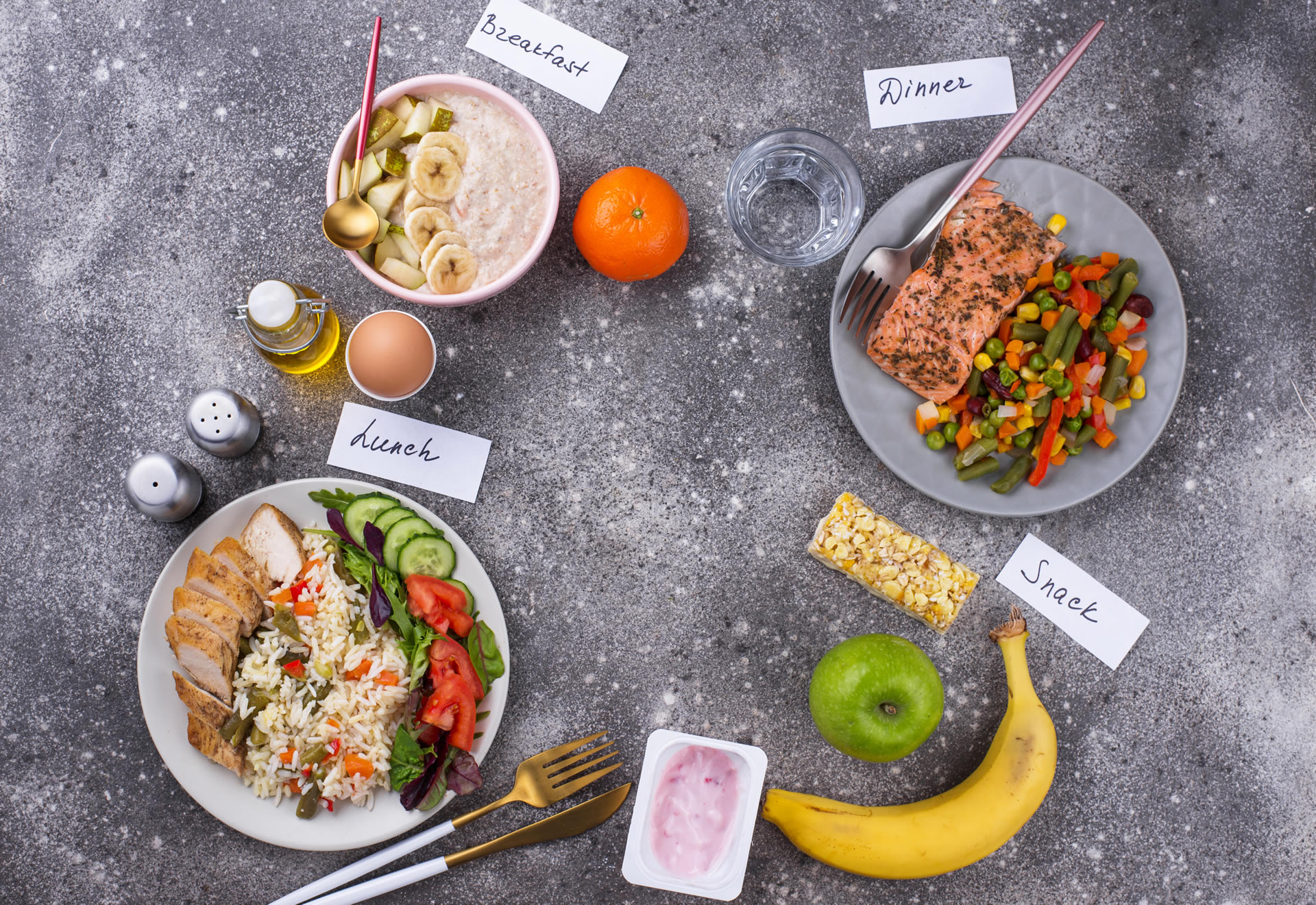Weight Loss Tips: Your Complete Guide to Healthy Weight Loss
Table of Contents
- Set Realistic Weight Loss Goals
- Create a Balanced Diet Plan
- Exercise Regularly
- Stay Hydrated
- Get Enough Sleep
- Manage Stress Levels
- Track Your Progress
- Tips for Long-Term Weight Management
- Common Weight Loss Myths
- Conclusion
Set Realistic Weight Loss Goals: Our weight loss tips
When it comes to weight loss, setting realistic goals is critical for long-term success.
How to Set Achievable Weight Loss Goals:
- Aim to lose 1-2 pounds (0.5 to 1 kg) per week, a healthy and sustainable rate recommended by experts.
- Focus on non-scale victories like increased energy or fitting into old clothes.
- Break your weight loss journey into smaller, more manageable goals (e.g., 5 pounds at a time).
| Goal Type | Example |
|---|---|
| Short-term | Lose 5 pounds in the next 4 weeks |
| Long-term | Lose 25 pounds in the next 6 months |
| Non-scale | Fit into a smaller pant size in 3 months |
Create a Balanced Diet Plan
Understanding Calories and Portion Control

Creating a balanced diet plan is essential for losing weight. Focus on calorie deficit, which means burning more calories than you consume.
| Food Type | Examples | Benefits |
|---|---|---|
| Lean Proteins | Chicken breast, tofu, eggs | Keeps you full, helps muscle maintenance |
| Whole Grains | Brown rice, oats, quinoa | Provides fiber and sustained energy |
| Healthy Fats | Avocados, olive oil, nuts | Supports brain function and satiety |
| Fruits & Veggies | Spinach, berries, carrots | Low in calories, rich in vitamins and antioxidants |
Sample Daily Diet Plan:
| Meal | Example | Calories |
|---|---|---|
| Breakfast | Oatmeal with berries and almonds | 300 |
| Lunch | Grilled chicken salad with olive oil dressing | 400 |
| Snack | Apple with peanut butter | 200 |
| Dinner | Salmon, quinoa, and steamed broccoli | 500 |
| Total | 1400 |
Exercise Regularly
Exercise plays a vital role in weight loss. It helps burn calories, build muscle, and improve overall health.
| Exercise Type | Examples | Benefits |
|---|---|---|
| Cardio | Running, cycling, swimming | Burns calories, improves heart health |
| Strength Training | Weightlifting, bodyweight exercises | Builds muscle, boosts metabolism |
| HIIT | Short bursts of intense exercise followed by rest | Maximizes calorie burn in short time |
Stay Hydrated
Drinking water not only supports overall health but can also aid in weight loss.
Benefits of Staying Hydrated:
- Boosts metabolism: Drinking cold water has been shown to temporarily increase calorie burning.
- Reduces appetite: Sometimes thirst is mistaken for hunger, leading to overeating.
Get Enough Sleep
Poor sleep is closely linked to weight gain. Studies show that people who sleep fewer than 7 hours per night are more likely to gain weight.
Manage Stress Levels
High stress can lead to emotional eating, making it harder to lose weight.
Track Your Progress
Monitoring your progress keeps you motivated and allows for adjustments to your plan.
Weight Loss Tips for Long-Term Weight Management
- Stay Consistent: Once you reach your goal, maintain similar eating and exercise habits to avoid regaining weight.
- Regular Exercise: Aim for at least 150 minutes of moderate activity per week to keep the weight off.
- Mindful Eating: Continue to monitor portions and eat when you’re hungry, not out of boredom or emotion.
Common Weight Loss Myths
Myth 1: Skipping Meals Helps You Lose Weight
Skipping meals can slow your metabolism and lead to overeating later. Instead, opt for smaller, more frequent meals.
Conclusion
Losing weight requires a combination of healthy eating, regular exercise, and lifestyle changes. By setting realistic goals, staying hydrated, managing stress, and tracking your progress, you can achieve sustainable weight loss.
For more information, check out these resources:




